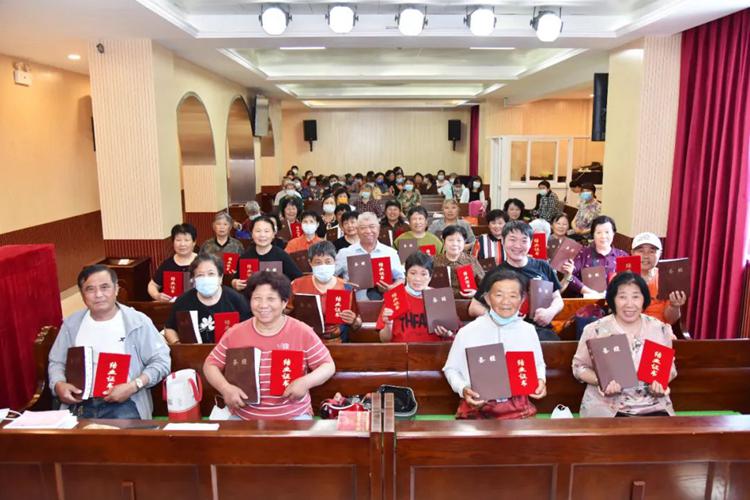Many churches in China are actively engaging in diverse ministries. Besides the "high-end" ones, they also conduct more down-to-earth initiatives, such as Bible literacy classes.
Looking at churches across the country, many are still primarily composed of elderly believers, with a significant portion having a low level of education. Young and educated members are few. After a recent church merger, the membership of the rural church I attend has grown from two or three hundred to three or four hundred. Among these hundreds of congregants, there are fewer than five people under the age of forty. The main ministers consists of individuals who are at least in their forties, with the rest being in their fifties and sixties. Those responsible for managing vehicles and cleaning are mostly in their sixties and seventies. Many other believers are also between sixty and eighty-five years old. Among this age group, there are not many who can recognize a substantial number of characters, and even fewer who have read the entire Bible independently.
Therefore, while conducting varied ministries, it is also necessary to hold Bible literacy classes. All that is needed is a leader, a room, or even just the main building, where they can read bit by bit. Compared to preaching, literacy class teachers do not need to prepare sermons, without much psychological and financial pressure. Especially for grassroots churches, this is a very cost-effective ministry, which can foster a positive church culture.
Here are some points to note when conducting literacy classes:
Frequency: Once a week is fine; it is also acceptable if these elderly individuals request twice a week, as they learn God’s words eagerly and have plenty of time. The task can be divided among staff workers to alleviate pressure.
Method: Initially, there can be a main leader guiding believers in reading. Later, after his or her reading session, group leaders can continue leading, with members taking turns reading.
Planning and goals: When organizing literacy classes, the church can plan and set goals according to its actual situation to achieve the best outcomes. Some places even hold graduation ceremonies.
Holding Bible literacy classes can be a way to directly guide believers and address their most immediate difficulties. Moreover, due to its low cost and ease of implementation, many churches favor this initiative.
(Note: This article was originally published by the Gospel Times and the writer is a volunteer at a grassroots church in Jiangsu.)
- Translated by Abigail Wu












